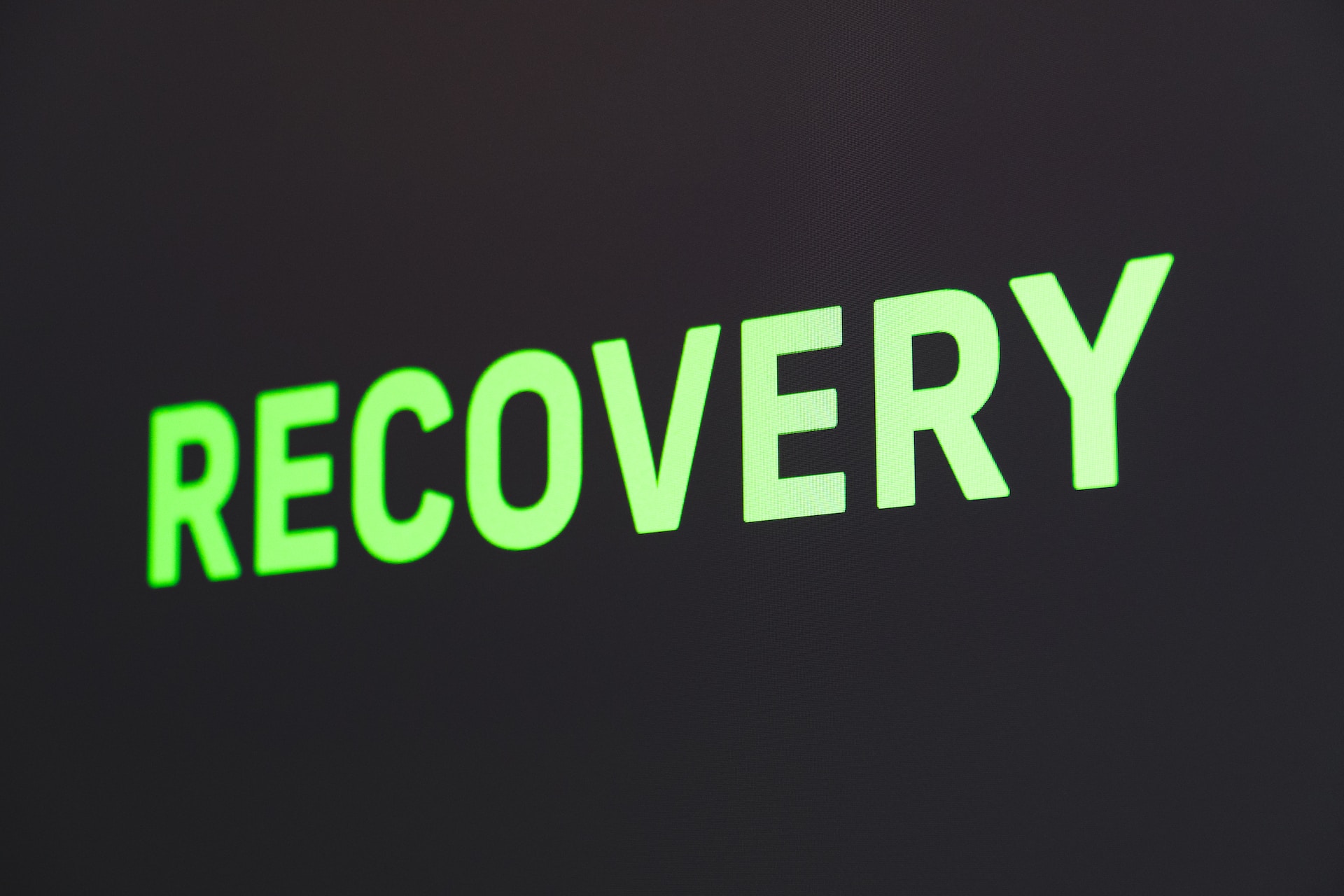Fighting Back: Strategies for Overcoming Addiction

Addiction can be a formidable opponent, affecting various aspects of our lives and hindering personal growth and well-being. However, with determination, support, and a range of effective strategies, it is possible to fight back against addiction and regain control of your life. In this article, we will explore empowering techniques that can aid individuals in their journey towards overcoming addiction. From seeking professional help and building a support network to implementing self-care practices and developing healthy coping mechanisms, these strategies can serve as powerful tools in the battle against addiction.
The first step in fighting back against addiction is acknowledging its presence and accepting that it has had a negative impact on your life. Recognize the destructive patterns and consequences associated with your addiction, and commit to making positive changes.
Professional help is instrumental in overcoming addiction. Reach out to healthcare professionals, therapists, or addiction counselors who specialize in your specific addiction. They can provide expert guidance, therapy, and support tailored to your individual needs, helping you navigate the challenges of recovery.
Surround yourself with a strong support network of friends, family, and individuals who understand and support your journey towards recovery. Join support groups, such as Alcoholics Anonymous or Narcotics Anonymous, where you can connect with others facing similar struggles. Sharing experiences and receiving encouragement from those who have overcome addiction can be invaluable in maintaining motivation and staying on track.
Identify healthy coping mechanisms that can replace the destructive habits associated with addiction. Engage in activities such as exercise, meditation, journaling, art, or music, which provide a positive outlet for emotions and stress. Developing healthy coping mechanisms helps manage triggers and reduces the temptation to turn to addictive substances or behaviors.
Prioritize self-care as an essential component of your recovery journey. Take care of your physical, emotional, and mental well-being by practicing self-compassion, setting boundaries, and engaging in activities that bring you joy. Prioritizing self-care helps to build resilience, improve self-esteem, and promote overall well-being.
Establishing a structured routine can provide stability and a sense of purpose, reducing the likelihood of falling back into addictive patterns. Set specific goals, create a daily schedule, and incorporate activities that support your recovery and personal growth. A structured routine fosters a sense of control and helps prevent idle moments that can trigger cravings.
Identify and avoid triggers that can potentially lead to relapse. This may involve distancing yourself from people, places, or situations associated with your addiction. Modify your environment to support your recovery, remove any temptations, and surround yourself with positive influences that align with your goals.
Incorporate mindfulness and meditation into your daily routine. These practices help cultivate awareness, reduce stress, and promote self-reflection. By staying present in the moment, you can better manage cravings, identify underlying emotions, and make conscious choices that support your recovery.
Nurture healthy relationships and cultivate positive connections with individuals who support your recovery. Surround yourself with individuals who encourage your growth, provide a safe space for open communication, and share common values. Healthy relationships offer encouragement, accountability, and a sense of belonging.
Celebrate your achievements and milestones along your journey to recovery. Recognize the progress you have made, no matter how small, and reward yourself for your efforts. Celebrating milestones serves as a reminder of your resilience and provides motivation to continue fighting against addiction.
Fighting back against addiction requires commitment, self-reflection, and a range of strategies tailored to your individual needs. By acknowledging the addiction, seeking professional help, building a support network, developing healthy coping mechanisms, practicing self-care, creating structure, avoiding triggers, practicing mindfulness, cultivating healthy relationships, and celebrating milestones, individuals can empower themselves on the path to recovery. Remember, overcoming addiction is a courageous and ongoing process, but with determination, support, and the right strategies, a healthier, fulfilling, and addiction-free life is within reach.

